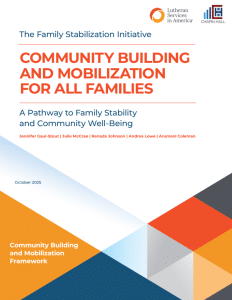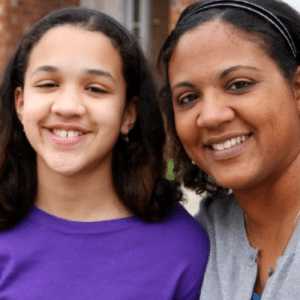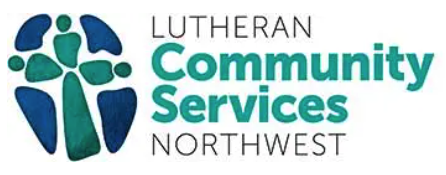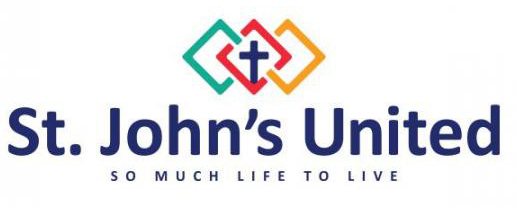Home > Our Work > Children, Youth & Families > Family Stabilization
FAMILY STABILIZATION INITIATIVE

New paths to empowering families to stay together.
The work under this initiative expands services in underserved communities in the target states and activates community networks to address the disproportionate number of children of color separated from their families. In the first year of the initiative, our teams across the four states have already successfully engaged nearly 40 local partners to support the transformative goals under this project.
Realizing the promise of the Family First Prevention Services Act.
The landmark bipartisan Family First Prevention Services Act (FFPSA), which became law in February 2018, represents the most significant reform to federal child welfare policy in decades. Through our Family Stabilization Initiative, we are working with local and state partners to leverage this legislation and create new pathways that increase the number of children who can remain safely at home with their families.
The Family Stabilization Initiative is part of our Results Innovation Lab, which is working to achieve better outcomes for children and their families.
The Family Stabilization Initiative has a goal to reach 580 families in crisis in underserved communities in Alaska, Montana, South Dakota and Washington.
Together We Can
Explore our video series that highlights the work of the Family Stabilization Initiative (FSI). The initiative is proactively working to address disparities in child welfare systems with the aim of keeping families together.
FEATURES
COMMUNITY BUILDING AND MOBILIZATION FRAMEWORK
A Pathway to Family Stability and Community Well-being
Lutheran Services in America partnered with Chapin Hall to develop a framework that provides practical strategies rooted in five principles that shift the focus for improving outcomes for families from short-term fixes to long-term, transformational relationships: people-driven collaboration, asset-based partnerships, capacity building, shared leadership, and collaborative evaluation.
CASE STUDY
Sustaining a Social Determinants of Health Approach to Improving Children’s Behavioral Health
Mental and behavioral health among children has emerged as a leading public health concern in recent years. Before COVID-19, one in five children held a mental disorder, yet less than a quarter of those children received services from mental health providers (CDC, 2023). The pandemic exacerbated mental health challenges in children while also making it harder for them to access the help they needed. While the reasons for mental health challenges in children are complex, there is strong evidence that social determinants of health (SDOH), such as family relationships, poverty, food access, housing and school environments can be both protective and contributing factors.
Phil Scarpelli
President and Chief Executive Officer,
National Center for Innovation & Excellence
NEWS & RESOURCES
MEDIA
RESOURCES
Addressing Racial Inequities in Child Welfare Systems: Lutheran Services in America’s Collaborative Learning Model (summary of evaluation by
Wilder Research)
Advancing Equitable Outcomes in Child Welfare: A Toolkit for Sustainability (created in partnership with Chapin Hall at the University of Chicago)
LEARN MORE
Renada Johnson
Senior Director of Children, Youth and Family Initiatives
rjohnson@lutheranservices.org
Elizabeth Vetter
Senior Program Associate
evetter@lutheranservices.org










